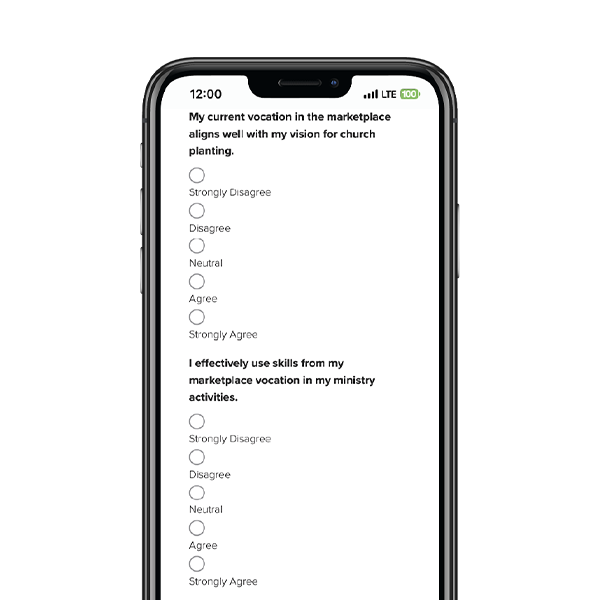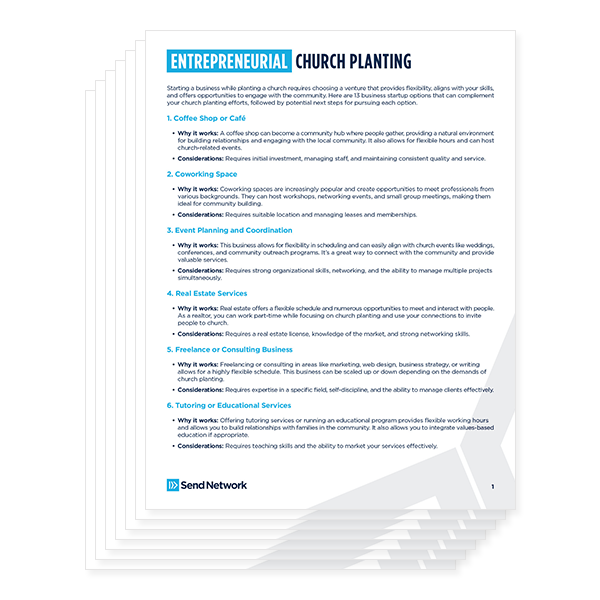Great coaching brings vision one step closer to reality.
You may not have a coach right now. I hope you find one soon. But until then, below are five questions to help you create S.M.A.R.T.[i] goals.
What does a S.M.A.R.T. goal look like? A goal that is:
- S = Specific
- M = Measurable
- A = Attainable
- R = Relevant
- T = Time-Specific
Smart goals form a platform for strategic plans and actions. You can coach yourself, coach someone else, or coach groups to design goals and actions by answering these questions:
1. Specific – What do you want to do?
Jesus gave tactical advice to His disciples when he said, “… Therefore pray earnestly to the Lord of the harvest to send out laborers into his harvest.” (Matthew 9:38, ESV)
If the harvest is great, and labors are few, how should disciples respond? If Jesus told His disciples to “skip lunch, get to work, sleep less, and stop complaining” it would have made sense. But Jesus’ advice to pray first supports two important goal setting principles:
- Your next step toward a God-sized vision is not always obvious.
- Your next step should come from Jesus.
A specific goal takes you one step closer to a God-sized vision. Time with God to discover that goal is mission critical.
2. Measurable – How will you measure success?
Your strategic best friend is a goal you can measure. Key question: What steps are you taking today to move closer to God’s vision? No matter how audacious your God-given vision might be, take a step toward the vision and lead others to do the same.
Leading 11 family units to join you in building deeper relationships with four families, in 12 respective neighborhoods, over 30 days, is not reaching the world for Christ. A goal is something you can use a calculator to count, like “four families in 12 neighborhoods over 30 days.”
A S.M.A.R.T. goal turns good intentions to action. You may miss your goal, but you can still celebrate what part you achieved because you are measuring.
3. Attainable – What changes are needed to reach your goal?
Jesus taught crowds to count the cost (Luke 14:28). What tasks, plans, and programs need to be eliminated for your goal to be the priority? If your response is “none,” then eliminate the goal.
You may already be doing all you can do. And beware, when you think you are failing, the natural response is to panic and make all types of unrealistic plans. This leads to becoming a pathologically disappointed leader. Rest in the gospel and the completed work of Christ. This is God’s work, not yours.
4. Relevant – What makes this goal important to you?
During a coaching conversation, John Bailey once asked me, “What do you think the Father thinks about what you are doing?” John was not confronting me, he was helping me measure the relevance of what I was doing. He was also helping me clarify the “why” behind what I was attempting to do.
Every great goal starts with a question: What does God want? Learn to use this often. Ask this question before you write a goal, during the execution of the goal, and afterward.
5. Time Specific – When will you complete this goal?
One of the greatest questions a coach will ever ask a leader is “When?” I didn’t associate time with what I agreed to do to do with my first coach. I was coached monthly. My coach listened well, asked great questions, and left me with self-designed steps toward accomplishing goals.
As soon as I completed the call, I forgot about my steps until next month’s meeting. My coach used to say, “Open up your calendar.” Soon I learned how to take the “When?” question seriously.
Now you have a smart goal. Next, list five to seven time-specific actions needed to implement the goal. For example:
- Pray
- Create a list of potential families
- Ask for commitments
- Design a neighborhood activity journal
- Have a party to launch the plan.
Jesus compared a person who hears His words and puts them into practice to a wise man who built a house about a rock (Matthew 7:24). Great vision from God will be demonstrated through practical, measurable action. Practice making your goals smarter today.
[i] Doran, G. T. (1981). “There’s a S.M.A.R.T. way to write management’s goals and objectives”. Management Review (AMA FORUM) 70 (11): 35–36.
Published May 23, 2018



